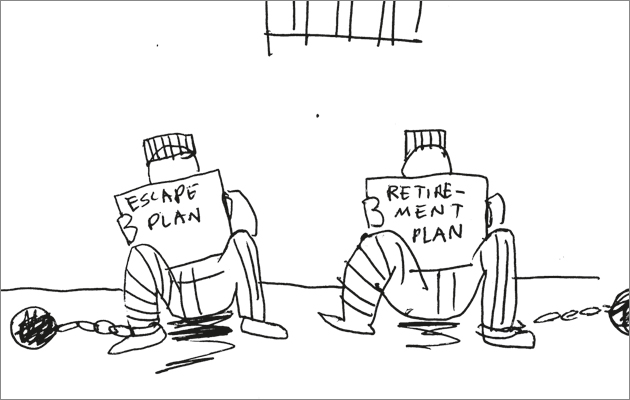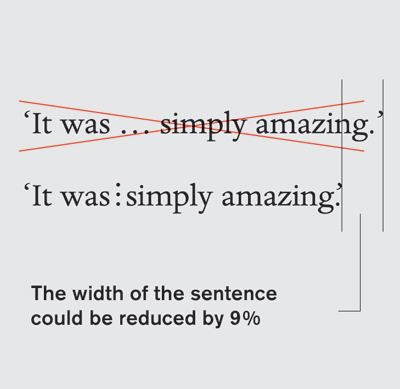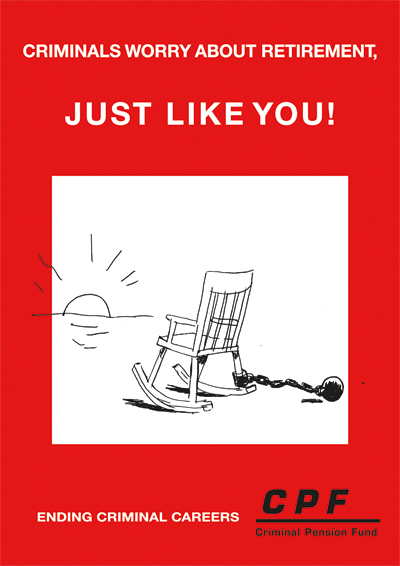|
|
||
|
The problem with living outside the law is the inherent lack of security. If crime can contribute to a nation’s GDP, isn’t it time that society gave a bit back, asks Hort? From 2015, the German Federal Statistical Office will include revenue from criminal activities such as drug trafficking and smuggling cigarettes in the national GDP (prostitution already having been included for more than a decade). We really like this idea, because it radically changes the way that we think about crime in an economic and social context. Of course, there are some technical difficulties, in particular getting reliable data from drug dealers and other lawbreakers. Even so, officials estimate total revenues of up to 420 billion euros per year. Critics have dismissed this as a blatant, even fraudulent, attempt to increase GDP. Authorities prefer to see it as a re-evaluation of strategies that had been unfairly dismissed for decades, although they could have helped our economy tremendously.And, as our society is now profiting from thousands of hard-working criminals, the next logical step should be to start giving back to them. Right now, those making a living from criminal activities are one of the few groups that lack any kind of social security such as retirement and health plans, which are compulsory for other sections of the workforce.
This is why we want to propose a public retirement and health fund for criminals. For now, this can only include productive offenders, such as pimps, hustlers or thieves, and not those unpaid volunteers who account for most of our vandalism, brawls, reckless driving and so on. There are already rudimentary forms of social security in some larger criminal organisations, but these all share one flaw: they demand dependability and honesty between parties who have devoted all their lives to avoiding these two qualities. Even between blood relatives, retired members of criminal organisations can rarely rely on the support that they have been promised by their younger successors. A fund such as this would need to be structured very differently from its more mainstream equivalents. As its clientele is defined by being criminal, the organisation should embrace staff and methods considered illegal and deviant by normal standards: it should obviously focus on classic schemes such as fraud and embezzlement, and should be encouraged to steal from its clients (and vice versa), as well as from other legitimate public funds in any way possible. The new fund’s place will be on the inside of society, but on the outside of the law.
|
Words and illustrations Hort
All images: A Criminal Pension Fund, and its accompanying promotional campaign, is the logical next step in embracing crime as part of the national economy |
|
|
||























